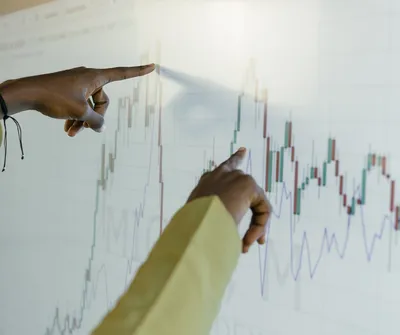Global overview: Insights into 2025
Steve McKinney, President, Kestria South Korea: The year 2025 marks a period of profound transformation. We stand at the cusp of a new era, where technological advancements, shifting economies, and evolving societal expectations converge in a dynamic, often unpredictable world.
Artificial intelligence is seamlessly integrating into daily life, automating tasks, revolutionizing industries, and reshaping work. While AI promises efficiency, personalization, and breakthroughs in medicine and science, it also raises concerns about job displacement, requiring thoughtful workforce development and social safety nets.
The global economy faces growing complexities. Once-robust supply chains remain vulnerable to disruptions, and while emerging economies bring promise, they also pose challenges like inequality and environmental sustainability.
Geopolitical tensions add further uncertainty. In this interconnected world, diplomacy and cooperation are crucial to fostering stability and equity.
Meanwhile, societal expectations are shifting rapidly. Consumers demand ethical, sustainable business practices, and individuals seek purpose-driven careers that align with their values.
Navigating this evolving landscape requires adaptability, resilience, and a commitment to lifelong learning. This is not a time for fear but for innovation, collaboration, and a renewed focus on human values. By embracing change and fostering empathy, we can create a more prosperous and equitable future for all.
This dynamic landscape presents unique challenges and opportunities across different regions. Let's delve deeper into the APAC region, where Raj Kumar Paramanathan, Founding Partner of Kestria Malaysia, provides valuable insights.






